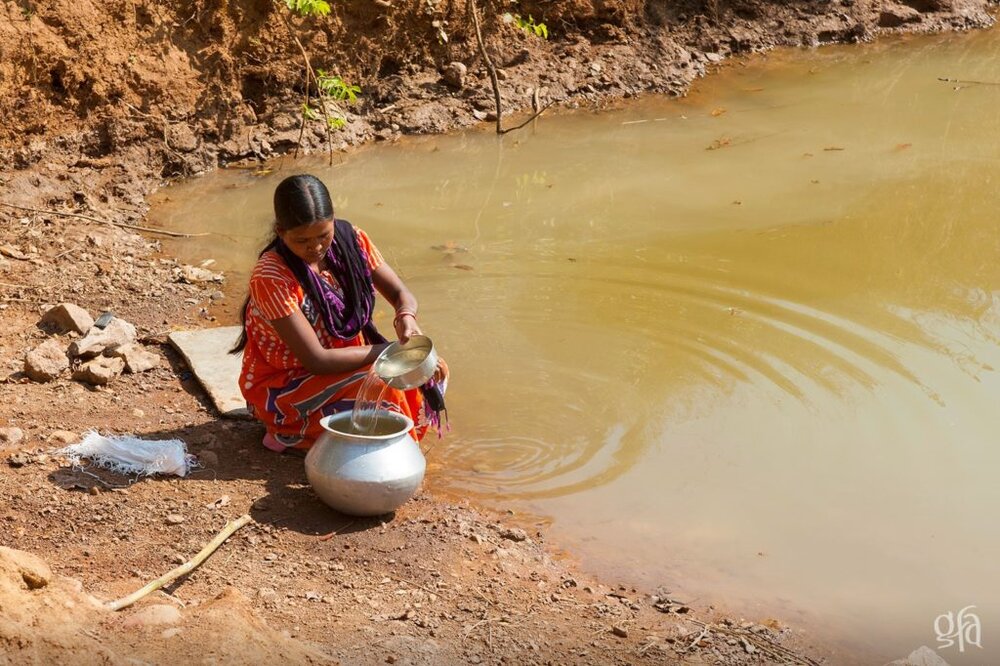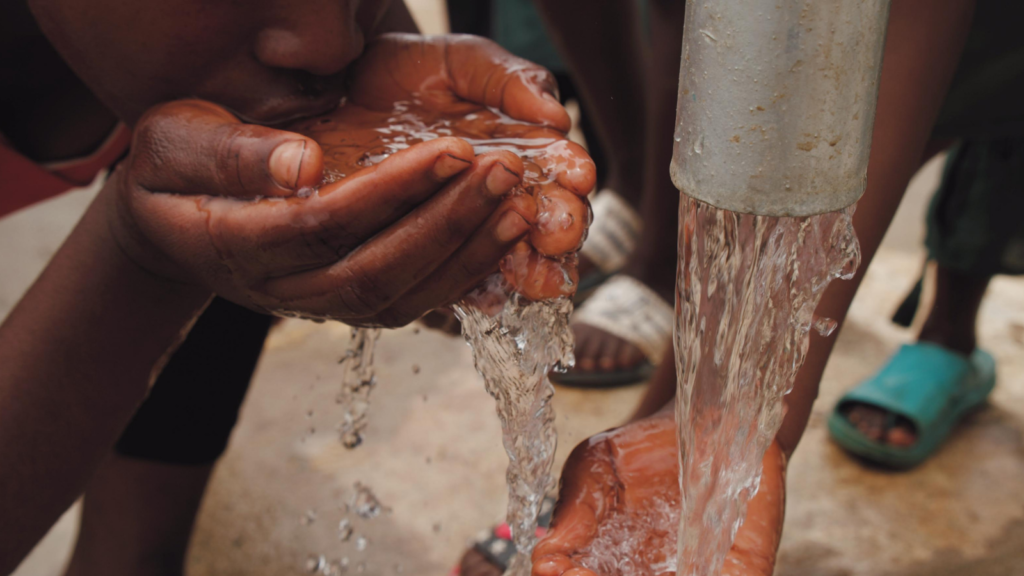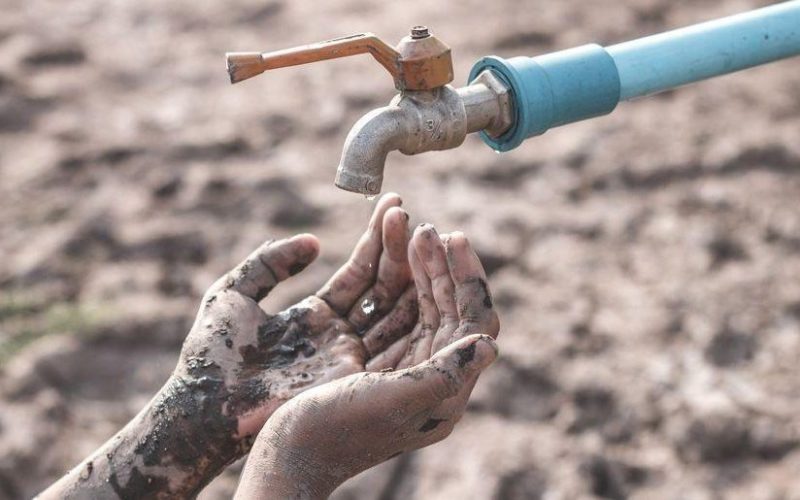Indeed, water is fundamental to sustainable development. It is essential for socio-economic development, healthy ecosystems, and human survival. Additionally, it is important for reducing the global disease burden and improving population health, welfare, and productivity. In this post, we will discuss the global facts about water and the global water crisis.
Water is also central to climate change adaptation. It is acting as a vital link between the earth’s climate, human civilization, and the atmosphere. Without appropriate water governance, probably there will be increased competition for water among sectors. Furthermore, it will intensify the various types of water crises. And eventually, this will provoke emergencies in a variety of water-dependent departments.
Water’s physical world is strongly intertwined with its socio-political world, with water frequently serving as a key factor in managing risks such as starvation, pandemics, social inequality, and political instability.
Table of Contents
ToggleGlobal facts about water
- Water covers roughly 70% of the world’s surface.
- With a length of 4132 miles, the Nile River is the world’s longest river.
- 780 million people, or roughly one in every nine people, do not have access to improved water sources.
- Only 18% of those without access to improved water live in cities, while 82 percent live in rural areas.
- Every minute, a child dies as a result of water-borne disease.
- Today, the number of people who own a mobile phone outnumbers those who have access to a toilet.
- Improved water supply has the potential to reduce 10% of the global disease burden. It would improve not only hydration but also sanitation and hygiene.
- Only 33% of what the world spends on bottled water each year would be enough to provide clean water to the 780 million people who do not have it.
- More than double the US population lives in the world without access to safe drinking water.
- Safe drinking water in underdeveloped areas allows children, particularly young girls, to return to school. Ultimately, this promotes economic development.
- Over the last 40 years, the world’s population has more than doubled, and water consumption has more than quadrupled.
- Sub-Saharan Africa has the most countries that are water-stressed of any region.
- While a human requires approximately 12 gallons of water per day, the average American consumes approximately 158 gallons.
- Transboundary river basins cover 46 percent of the world’s (terrestrial) surface, potentially leading to future water conflicts.
- Agriculture is responsible for 70% of global freshwater removals, and up to 90% in some fast developing economies.
- According to the International Energy Agency, global energy consumption will rise by 35% by 2035 thus increasing water consumption by 15%.
- Increased population will result in a 19% increase in agricultural water consumption by 2050.

Global water crisis: Fast facts
- There are 19. 785 million people in the world do not have access to clean drinking water.
- In rural Africa, the average female travels 6 kilometers per day to transport lbs. of water.
- Diarrhea takes the lives of about 800 kids under the age of five daily. It is due to contaminated water, unsanitary conditions, and unsafe hygiene practices.
- There are 2 billion individuals in the world who do not have access to proper sanitation.
- If the current situation of water does not change, there will be insufficient water in the globe by 2040 to meet the needs of the world’s population while keeping the current energy and power systems operational.
- Six hundred and seventy-three million people defecate in public.
Why is water, sanitation, and hygiene for children and families necessary?
Investing in clean water, as well as proper sanitation and hygiene behavior change, is one of the most effective methods to improve lives and combat severe poverty. The advantages of water, sanitation, and hygiene are listed below.
Healthier families
Most infections can be efficiently prevented by combining water, sanitation, and hygiene initiatives. These are, without a doubt, some of the most efficient ways for lowering child mortality.
Better nutrition for children
Children grow smarter, taller, and stronger when there is a provision of clean water, sanitation, and hygiene. They get more nutrition from their food because they aren’t ill. Moreover, families can utilize water for agriculture all year long. This results in more nutritious food.
Children attending and achieving goals in school
Children have more time and energy to study when they do not have to trek for miles to fetch water. This is especially crucial for girls, who are often in charge of collecting water for their families. This is, without a doubt, a significant advantage.

Family income is rising
Families who have access to clean water spend less money on health and are better equipped to pay for necessities. School supplies, fees, and household products are among these items. Furthermore, clean water is used to produce income through the production of soap, bricks, and shea butter, as well as the irrigation of farm animals and fields.
The takeaway
Nothing is more vital to life on this planet than water. Nonetheless, from one corner to another corner, there are water crises. People are having trouble accessing the water they need for their routine work.
Females and kids are the most severely impacted. Children are more likely to be infected due to contaminated water. Women and girls, on the other hand, are frequently responsible for transporting water for their families for nearly 200 million hours per day.
Without any doubt, water is our basic need. These global facts about water and global water crises, for surely, are showing the alarming situation. However, there are certain ways that may help to fight the global crisis of water. Furthermore, this is the individual’s responsibility to consume water in a careful manner. Indeed, without water, there is no existence. Water is complicated because it is interconnected with almost everything in the world. However, complexity should not obstruct comprehension. Water is essential for human survival and the sustainability of the planet.
Note: Must read The Top 12 Solutions to Cut Poverty in the World

